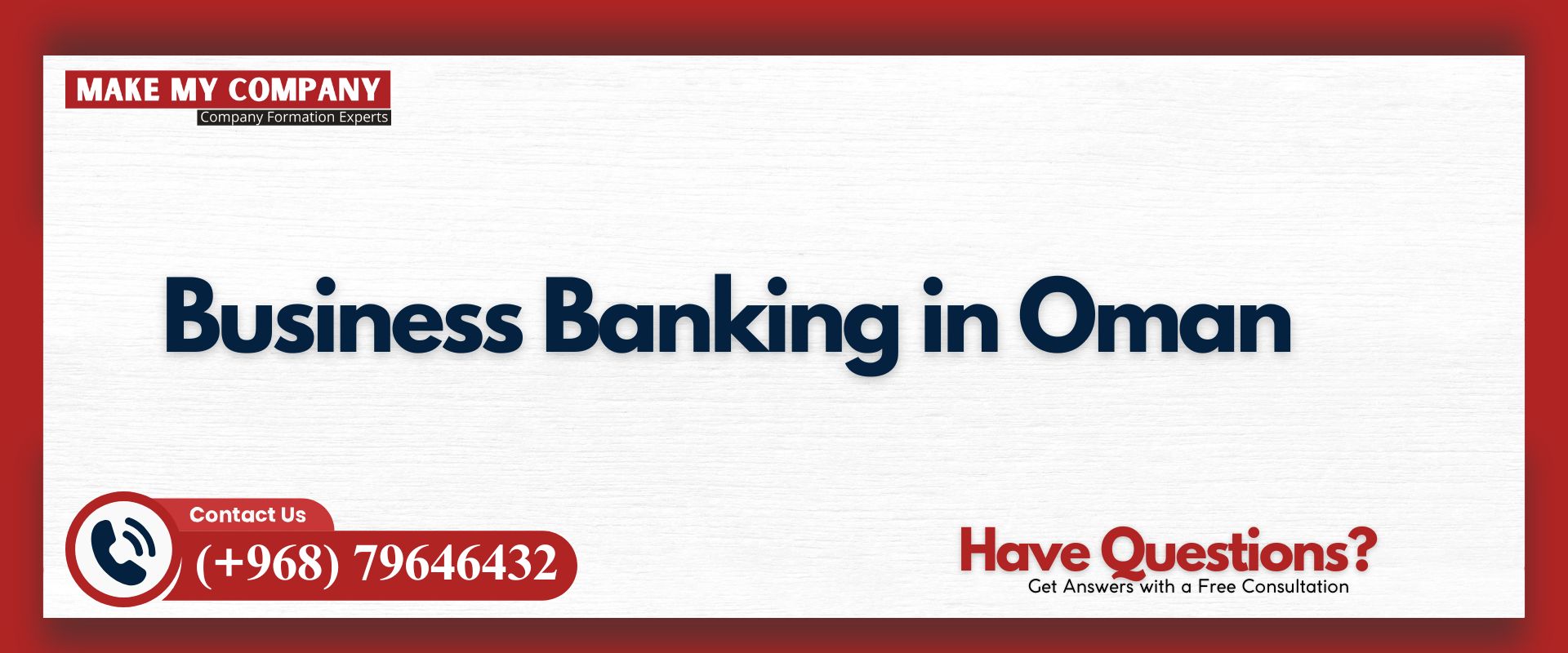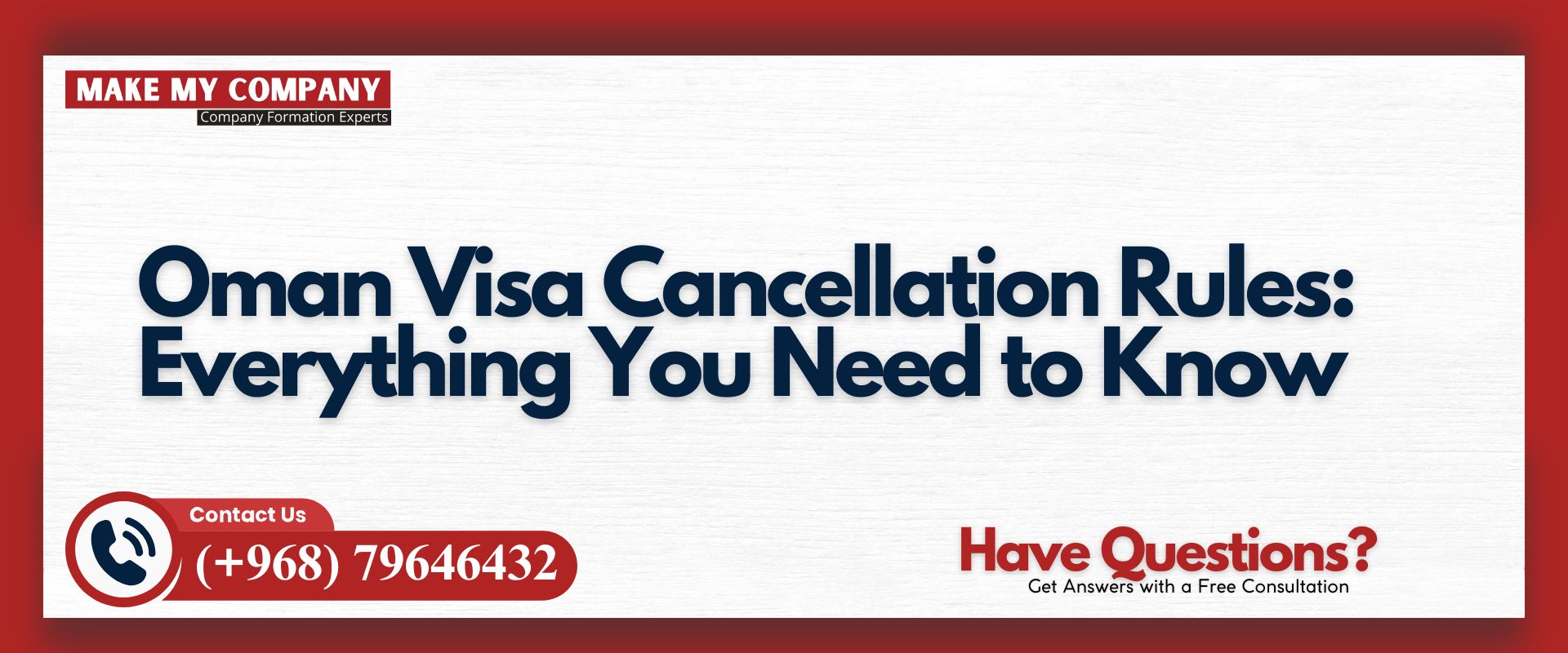Navigating the business banking landscape in Oman requires a thorough understanding of the country’s financial sector, regulatory requirements, and available banking solutions. As the Sultanate continues to diversify its economy and attract international investment, commercial banking services have evolved to meet the sophisticated needs of modern businesses. Whether you’re establishing a new enterprise or expanding existing operations, choosing the right banking partner in Oman is crucial for your company’s financial success and operational efficiency.
The Omani banking sector offers a robust infrastructure supported by both local and international financial institutions. From corporate account opening to trade finance solutions, businesses have access to comprehensive banking services designed to facilitate growth and ensure smooth financial operations. Understanding the nuances of business banking requirements, documentation processes, and regulatory compliance will help you make informed decisions about your company’s banking needs.
Overview of Oman’s Banking Sector
Oman’s financial services industry has experienced significant growth and modernization over the past decades, establishing itself as a reliable hub for business finance in the Gulf region. The Central Bank of Oman (CBO) serves as the primary regulatory authority, ensuring the stability and integrity of the banking system while promoting innovation and competition among financial institutions.
The banking sector comprises conventional banks, Islamic banks, and specialized financial institutions, each offering distinct advantages depending on your business requirements. Local Omani banks such as Bank Muscat, National Bank of Oman, and Oman Arab Bank provide deep market knowledge and strong government relationships, while international banks like HSBC, Standard Chartered, and Emirates NBD offer global connectivity and sophisticated financial products.
Digital banking transformation has revolutionized how businesses interact with financial institutions in Oman. Modern online banking platforms and mobile banking applications enable companies to manage their finances efficiently, conduct transactions securely, and access real-time financial information from anywhere in the world. This technological advancement has particularly benefited SMEs and startups by providing enterprise-level banking capabilities at competitive costs.
Types of Business Bank Accounts in Oman
Selecting the appropriate business bank account type is fundamental to your company’s financial management strategy in Oman. Different account categories serve specific business needs, from daily operational transactions to international trade financing. Understanding the features, benefits, and limitations of each account type helps businesses optimize their banking relationships and cash flow management effectively.
Current Accounts
Business current accounts form the foundation of commercial banking relationships in Oman. These accounts are designed for day-to-day operational transactions including salary payments, supplier settlements, and customer receipts. Most banks require a minimum balance ranging from 1,000 to 10,000 OMR depending on the institution and account features.
Current account benefits typically include unlimited transactions, checkbook facilities, debit cards, and online banking access. Many banks also offer overdraft facilities to help businesses manage cash flow fluctuations and meet short-term financial obligations. The interest rates on current accounts are generally minimal, as these accounts prioritize transaction convenience over returns.
Savings Accounts
While less common for pure business use, business savings accounts can be valuable for companies looking to earn returns on surplus funds while maintaining liquidity. These accounts offer higher interest rates than current accounts but may have transaction limitations and higher minimum balance requirements.
Fixed deposit integration with savings accounts allows businesses to optimize their cash management strategies by automatically transferring excess funds to higher-yielding fixed deposits while maintaining operational liquidity in their primary accounts.
Foreign Currency Accounts
Multi-currency accounts are essential for businesses engaged in international trade or those receiving payments in foreign currencies. Oman’s banks offer accounts in major currencies including USD, EUR, GBP, and AED, enabling companies to reduce foreign exchange risks and transaction costs.
These accounts are particularly beneficial for import-export businesses, tourism companies, and international service providers who need to manage currency exposure effectively. Most banks provide competitive exchange rates and hedging products to help businesses manage foreign currency risks.
Account Opening Requirements and Documentation
The business account opening process in Oman requires meticulous preparation and comprehensive documentation to meet banking regulations and compliance standards. Understanding these requirements beforehand prevents delays and ensures smooth account activation. Due diligence procedures have become more stringent, making proper documentation preparation essential for successful business banking relationships in the Sultanate.
Mandatory Documents
Opening a business bank account in Oman requires comprehensive documentation to satisfy regulatory compliance and anti-money laundering (AML) requirements. The commercial registration certificate issued by the Ministry of Commerce forms the primary identification document for your business entity.
Memorandum and Articles of Association provide banks with detailed information about your company’s structure, shareholding, and authorized activities. Banks also require board resolutions authorizing account opening and designating authorized signatories for banking operations.
Trade license copies, municipal permits, and tax registration certificates demonstrate your business’s legal compliance and operational authorization. For foreign-owned companies, additional documentation including embassy attestations and translation certificates may be required.
Know Your Customer (KYC) Requirements
KYC compliance forms a critical component of the account opening process. Banks must verify the identity of all shareholders, directors, and authorized signatories through passport copies, residence permits, and Emirates ID (for UAE residents) or equivalent identification documents.
Source of funds verification may include audited financial statements, bank statements from previous banking relationships, and business contracts demonstrating legitimate business activities. For high-risk industries or large initial deposits, enhanced due diligence procedures may apply.
Minimum Balance and Initial Deposit
Minimum balance requirements vary significantly between banks and account types. Local banks typically require lower minimum balances ranging from 1,000 to 5,000 OMR, while international banks may require 5,000 to 25,000 OMR or equivalent in foreign currency.
Initial deposit requirements are usually separate from ongoing minimum balance obligations. Most banks require an initial deposit of 500 to 2,000 OMR to activate the account, which can often be provided through bank drafts or certified checks from existing banking relationships.
Major Banks Offering Business Services
Oman’s banking landscape features a diverse mix of local institutions, international banks, and Islamic financial providers, each offering unique advantages for different business requirements. The choice between conventional banking and Islamic banking depends on your company’s financial philosophy and operational needs. Understanding each bank’s strengths helps businesses select the most suitable banking partner for their specific industry and growth objectives.
Local Omani Banks
Bank Muscat, as Oman’s largest financial institution, offers comprehensive corporate banking services including trade finance, project financing, and treasury solutions. Their extensive branch network and deep local market knowledge make them particularly attractive for businesses operating primarily within Oman.
National Bank of Oman (NBO) specializes in SME banking and Islamic banking solutions, providing Sharia-compliant financial products for businesses requiring Islamic finance options. Their digital banking platform offers advanced features for cash management and financial reporting.
Oman Arab Bank focuses on commercial lending and international banking services, making them ideal for businesses with cross-border operations or those requiring letters of credit and trade guarantees.
International Banks
HSBC Oman leverages its global network to provide international trade finance and multi-currency solutions for businesses with global operations. Their premier banking services cater to high-net-worth individuals and large corporations requiring sophisticated financial products.
Standard Chartered offers specialized services for oil and gas companies, construction firms, and logistics providers, with particular expertise in project finance and commodity trading financing solutions.
Islamic Banks
Bank Nizwa and Al Izz Islamic Bank provide Sharia-compliant banking solutions for businesses preferring Islamic finance principles. Their products include Murabaha financing, Ijarah leasing, and Musharaka partnerships structured according to Islamic banking regulations.
Banking Services for Different Business Types
Business banking needs vary significantly based on company size, industry sector, and operational complexity. Financial institutions in Oman have developed specialized banking packages tailored to specific business categories, from emerging startups to established corporations. These customized solutions address unique challenges faced by different business types while providing scalable financial services that grow with your company.
Small and Medium Enterprises (SMEs)
SME banking packages typically include simplified account opening procedures, reduced minimum balances, and tailored financial products designed for smaller businesses. Many banks offer business development support including financial planning assistance and advisory services.
Digital banking solutions for SMEs include expense management tools, automated reconciliation, and mobile payment acceptance systems that help small businesses compete effectively with larger competitors.
Large Corporations
Corporate banking services for large enterprises encompass sophisticated cash management, treasury services, and structured financing solutions. These services include supply chain financing, working capital optimization, and risk management products.
Relationship banking approaches provide dedicated relationship managers who understand specific industry requirements and can customize financial solutions accordingly.
Startups and New Businesses
Startup banking packages often feature waived or reduced fees for the initial period, simplified documentation requirements, and business mentorship programs. Some banks partner with business incubators and accelerators to provide comprehensive support for new ventures.
Digital Banking and Fintech Integration
Digital transformation in Oman’s banking sector has accelerated significantly, with most banks now offering comprehensive online banking platforms and mobile applications. These digital solutions provide real-time account monitoring, instant payment processing, and automated reporting capabilities essential for modern business operations.
API integration capabilities allow businesses to connect their accounting software, ERP systems, and e-commerce platforms directly with their banking systems, streamlining financial operations and reducing manual processing errors.
Fintech partnerships have expanded the range of available services, including digital payment gateways, blockchain-based trade finance, and artificial intelligence-powered fraud detection systems that enhance security and efficiency.
Trade Finance and International Banking
Letters of credit, bank guarantees, and documentary collections form the backbone of international trade financing in Oman. Banks provide comprehensive trade finance solutions that facilitate import-export operations while managing counterparty risks and regulatory compliance.
Supply chain financing programs help businesses optimize working capital by providing early payment discounts to suppliers and extended payment terms for buyers, improving overall cash flow management.
Correspondent banking relationships enable Omani banks to process international payments efficiently, providing businesses with reliable cross-border payment solutions and foreign exchange services.
Regulatory Compliance and Legal Requirements
Central Bank of Oman regulations govern all aspects of commercial banking operations, including reporting requirements, transaction monitoring, and customer due diligence procedures. Banks must comply with international sanctions and anti-money laundering regulations while serving business customers.
Tax compliance requirements include withholding tax obligations on certain transactions and VAT reporting for businesses registered for value-added tax. Banks often provide tax compliance support and automated reporting features to help businesses meet their obligations.
Data protection regulations ensure that customer information remains secure and confidential, with banks implementing robust cybersecurity measures and privacy protection protocols.
Fees and Charges Structure
Banking fees in Oman vary considerably between institutions and account types. Monthly maintenance fees typically range from 5 to 50 OMR depending on account features and minimum balance maintenance. Transaction charges may apply for excessive transactions, international transfers, and specialized services.
Foreign exchange margins typically range from 0.25% to 1% for currency conversion services, while trade finance fees depend on transaction complexity and risk assessment. Digital banking services often carry lower fees compared to traditional branch-based transactions.
Negotiation opportunities exist for high-value customers and businesses with significant banking relationships, potentially resulting in fee waivers or preferential pricing arrangements.
Future of Business Banking in Oman
Open banking initiatives and regulatory sandbox programs are expected to drive further innovation in Oman’s financial services sector. Blockchain technology, artificial intelligence, and machine learning applications will likely transform risk assessment, fraud detection, and customer service delivery.
Sustainable finance and ESG compliance are becoming increasingly important, with banks developing green financing products and sustainability reporting capabilities to meet evolving customer expectations and regulatory requirements.
Digital currency initiatives and central bank digital currency (CBDC) developments may reshape payment systems and monetary policy implementation, potentially affecting how businesses interact with the banking system.
Conclusion
Business banking in Oman offers a sophisticated and competitive landscape that supports enterprises of all sizes and complexities. From basic current accounts to complex trade finance solutions, the country’s banking sector provides comprehensive services designed to facilitate business growth and operational efficiency. Understanding the various banking options, regulatory requirements, and service offerings enables businesses to make informed decisions about their financial partnerships.
The continued digital transformation of banking services, combined with regulatory support for innovation and competition, ensures that businesses in Oman have access to world-class financial services. Whether you’re a local SME or a multinational corporation, the right banking relationship can significantly impact your business success and growth trajectory.
For businesses looking to establish operations in Oman, partnering with experienced Business Setup Consultants in Oman can provide valuable guidance on banking requirements, documentation processes, and optimal financial structuring to ensure smooth and compliant business operations.
Frequently Asked Questions (FAQs)
How long does it take to open a business bank account in Oman?
The account opening process typically takes 5-15 working days, depending on the bank and completeness of documentation. International banks may require additional time for enhanced due diligence procedures.
Can foreign companies open bank accounts in Oman without a local presence?
Most banks require a valid Omani commercial registration and local business license. However, some international banks may offer non-resident business accounts with higher minimum balance requirements and additional documentation.
What is the minimum share capital requirement for opening a business bank account?
While banks don’t set share capital requirements, the minimum paid-up capital varies by business type: LLC (20,000 OMR), SAOG (150,000 OMR), and SAOC (20,000 OMR) as per Omani commercial law.
Are there restrictions on foreign currency transactions?
Oman has a relatively liberal foreign exchange regime. However, large transactions may require documentation showing the underlying commercial purpose, and some banks have daily/monthly limits for online transfers.
Do I need to maintain accounts with multiple banks?
While not mandatory, many businesses maintain relationships with multiple banks for diversification, better service coverage, and competitive pricing. Some large projects may require banking with specific institutions.
What are the typical interest rates for business loans in Oman?
Business loan rates typically range from 4-8% annually, depending on the loan type, tenure, collateral, and creditworthiness. Islamic financing rates are generally comparable to conventional loans.
Can I open an account online without visiting the branch?
Most banks require at least one physical visit for account opening and signature verification. However, many banks offer online pre-applications and document submission to expedite the process.
What happens if I fall below the minimum balance requirement?
Banks typically charge monthly fees ranging from 5-20 OMR for accounts below minimum balance. Repeated violations may result in account restrictions or closure notices.
Are business banking services available in English?
Yes, all major banks in Oman provide services in English, with bilingual staff and documentation. Online banking platforms and mobile apps are typically available in both Arabic and English.
How do I close a business bank account in Oman?
Account closure requires written application, return of unused checkbooks and cards, settlement of outstanding obligations, and board resolution for corporate accounts. The process typically takes 5-10 working days.









